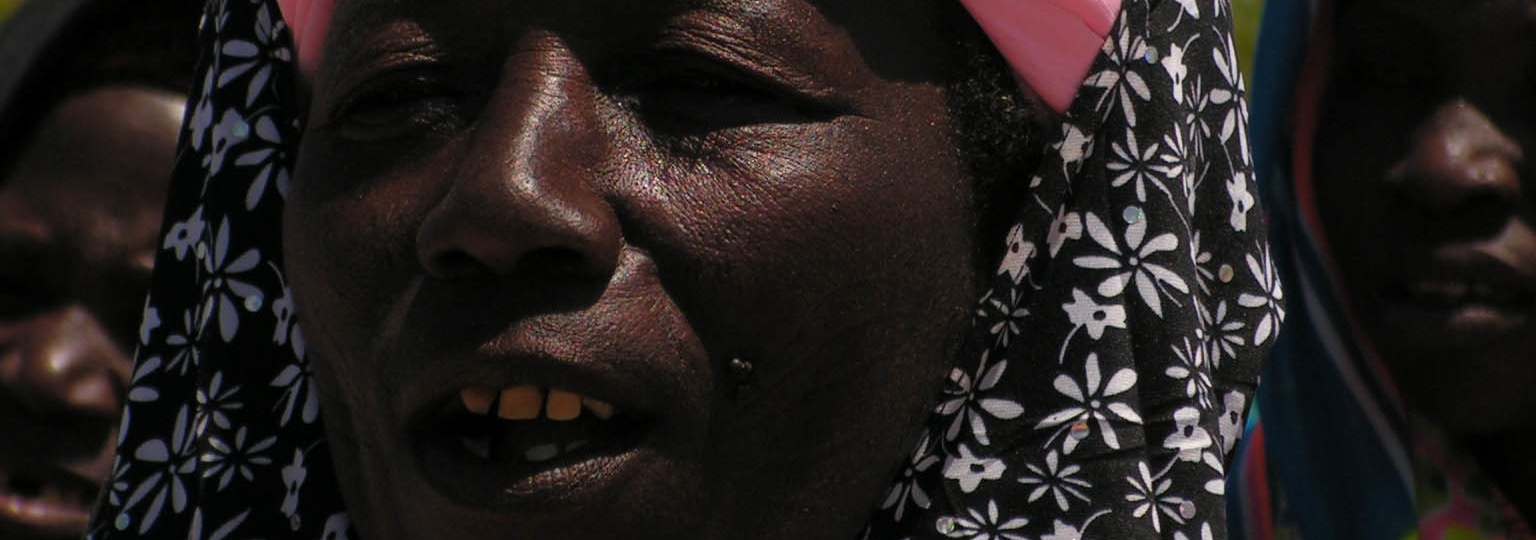
Women’s Ag Production Systems
Lead Organization:
FUMA Gaskiya
Partner Organizations:
INRAN, Union ALBARKA, ICRISAT
Community of Practice:
Countries:
Niger
Duration:
2/2013—2/2016
Overview:
Pearl millet is the staple food for smallholder farmers and rural populations and provides important forage for ruminant and livestock production the Maradi and Tillabery regions of Niger. Current pearl millet yields in these regions are low, especially in women’s fields due to women’s lower access to fertilizer/manure and required transport means, poor soil management practices and consequently lower soil fertility in women’s compared to men’s fields, insufficient system’s diversification strategies, highly variable onset and distribution of rainfall and frequent dry spells during the growing season, and finally also relatively less time devoted to agricultural activities due to women’s higher responsibilities to manage the family and prepare food. But because women usually use the harvest and earnings from their fields to complement and diversify the diets of their families, enhancing the productivity of women’s fields is expected to benefit the well-being of the whole families, and especially of the children. Therefore, the farmer organization leading this project, FUMA Gaskiya, decided to focus on women’s production systems in this project.
Grant Aims:
This project aims at improving productivity of women’s fields through better crop-tree-livestock integration, more sustainable land use management and ecological restoration using fast growing legume shrubs and trees, and improved crop and soil fertility management practices including better nutrient cycling within the systems. Targeting two contrasting pilot sites in Niger, specific project objectives include:
- Understand current and evaluate potential agricultural and environmental uses of fast growing legume trees, shrubs and crops within cereal production systems and develop options for system diversification in small-holder women agricultural fields.
- Enhance diversification and improve integration of the crop-tree-soil system to promote long-term soil fertility and increase productivity of current cereal-based production systems.
- Test new technologies to increase crop yields in women’s fields by integration of traditional or new cereal-legume intercropping systems with current animal raising strategies that enable better soil nutrient cycling in the systems.
- Produce a field guide for multiplication and use of legume trees, shrubs and crops for sustainable and improved crop production.
- Understand and enhance the socioeconomic and cultural elements that will promote women’s land accessibility, capacity to acquire agricultural inputs, interest and skills to plant trees and independence to manage the land.
- Promote women’s group networks that enhance information exchange and market accessibility through regular meetings, women to women exchange visits and knowledge sharing.
Outputs and Outcomes:
The project aims at improving productivity of women’s fields through better crop-tree-livestock integration, more sustainable land use management and ecological restoration. This is expected to benefit not only the women but also the welfare of the whole family, especially children’s nutrition in the target regions. Specific outcomes include: more productive, diverse and sustainable farming options widely adopted by women farmers in the two pilot target regions of Maradi and Tillabery in Niger; more women farmers with improved and sustainable farming and livestock systems through better management and conservation of natural resources; and consequently improved wellbeing and economy of families through increased women’s income as a result of greater crop and livestock production to sustain self-consumption and excess sold in the market.